Introduction to Duron 150mg Injection
The active ingredient in Duron 150mg injection is Amiodarone, which falls under the category of antiarrhythmics. It is commonly prescribed to address irregular heartbeats (arrhythmias), particularly ventricular arrhythmias (irregular heartbeats from the lower chambers) and certain atrial arrhythmias (irregular heartbeats from the upper chambers). Duron 150mg injection can enhance the overall quality of life for individuals experiencing debilitating arrhythmias by alleviating symptoms like palpitations, fatigue, dizziness, and shortness of breath. Additionally, it is suitable for individuals with various underlying heart conditions, including ischemic heart disease and dilated cardiomyopathy, among others.
This tablet is contraindicated for patients with anemia (low red blood cells) or neutropenia (low white blood cells). It is important to inform your doctor about any liver disease, including hepatitis B or C, kidney disease, or overweight condition. The use of this tablet is associated with hematologic toxicity (a reduction in blood cells), muscle weakness, liver diseases and infection, as well as lactic acidosis (accumulation of acid due to metabolic issues). The medication is not recommended for children weighing less than 35 kg. Lamivudine, Nevirapine, and zidovudine tablets may lead to reduced fertility in females, and any concerns about fertility should be discussed with your physician.
Uses of Duron 150mg Injection
Duron 150mg injection is used in the following:
- Ventricular arrhythmias
- Atrial fibrillation
- Atrial flutter
- Ventricular tachycardia
- Supraventricular tachycardia
- Maintenance of sinus rhythm
Therapeutic Effects of Duron 150mg Injection
The process entails interactions with various ion channels within heart cells. This elongates the duration of the electrical activity in heart cells, thereby restraining rapid firing and irregular rhythms. Moreover, it inhibits abnormal electrical impulses, reduces the heart’s sensitivity to stress hormones, and exerts alpha and beta-blocking effects. Together, these actions contribute to the stabilization of heart rate and rhythm.
Interaction of Duron 150mg Injection with other drugs
Notify your doctor about all the medications you are taking, including prescriptions, over-the-counter drugs, nutritional or vitamin supplements, and herbal products. Some medications may interact with Duron 150mg injection, potentially diminishing its effectiveness and leading to unwanted side effects.
More Information about Duron 150mg Injection
- Store at room temperature, between up to 20°C -25°C
- Keep away from moisture, heat, and light.
- It should not be frozen.
- Keep away from children and pets.
How to consume Duron 150mg Injection
Duron 150mg injection can be intravenously through an IV line for more immediate effects. The exact dosage and treatment duration will depend on instructions provided by a healthcare professional.
Safety Advices for Duron 150mg Injection

Pregnancy
Duron 150mg injection is generally not recommended during pregnancy due to potential risks to the developing fetus.

Breast Feeding
Breastfeeding women should not take Duron 150mg injection, as the medication can pass into breast milk and affect the baby.

Liver
Inform your doctor if you have a history of liver disease before starting Duron 150mg injection. Patient having liver disease require caution before starting this medication.

Alcohol
It is advised to avoid Duron 150mg injection with alcohol as it can affect heart rhythm.

Driving
If you experience any adverse effects, such as skin irritation, that could affect your comfort while driving, it is advisable to avoid Duron 150mg injection while driving.
Side Effects of Duron 150mg Injection
Duron 150mg injection can cause dizziness, drowsiness, and blurred vision.
Serious:
- Pulmonary toxicity
- Thyroid dysfunction
- Liver problems
- Vision changes
- Skin reactions
- Neurological effects
Common:
- Mild skin irritation
- Nausea and vomiting
- Fatigue
- Dizziness
- Photosensitivity
- Tremors
- Loss of appetite
Word of Advice
Inform your healthcare provider about any allergies, liver or thyroid issues, lung problems, as well as the medications and supplements you are currently using. Regularly monitor liver, thyroid, heart, and kidney function, electrolyte levels, and vision. Exercise caution regarding potential drug interactions, sun exposure, and activities requiring alertness. If you are pregnant or breastfeeding, discuss alternatives with your healthcare provider. Attend scheduled appointments, carry emergency information, and inform healthcare providers about the medications you are taking. Be vigilant for side effects such as breathing problems, vision changes, or skin reactions, and adhere to dietary, exercise, and smoking guidelines. Always take Duron 150mg injection as prescribed and maintain open communication with your healthcare provider to ensure your safety and well-being.
FAQs
Q 1. Can I travel while taking Duron 150mg injection?
Travel is generally possible while on Duron 150mg injection but plan ahead. Ensure you have enough medication, follow your dosing schedule, and carry a list of your medications in case of emergencies.
Q 2. How long does It take for Duron 150mg injection to work?
The effects of Duron 150mg injection can vary. Some people may experience improvement in their heart rhythm relatively quickly, while others might take longer to respond. Your healthcare provider will monitor your progress.
Q 3. What should I do If I miss a dose of Duron 150mg injection?
If you miss a dose of Duron 150mg injection, take it as soon as you remember. However, if it’s close to the time for your next dose, skip the missed dose and resume your regular schedule.
Q 4. Can I stop taking Duron 150mg injection suddenly?
You should not stop taking Duron 150mg injection abruptly without consulting your healthcare provider. Suddenly stopping the medication can lead to a rebound effect, potentially causing dangerous arrhythmias.
Fact Box of Duron 150mg Injection
Molecule name: Amiodarone
Pharmacological class:
Antiarrhythmic agents.
Therapeutic class: Class III antiarrhythmic agents
Indications:
1. Ventricular arrhythmias
2. Atrial fibrillation
3. Atrial flutter
4. Ventricular tachycardia
5. Supraventricular tachycardia
6. Maintenance of sinus rhythm

 MEDICINES
MEDICINES PATIENT ASSISTANCE PROGRAMS
PATIENT ASSISTANCE PROGRAMS IMPORTED MEDICINES
IMPORTED MEDICINES CONTACT US
CONTACT US Upload
Upload
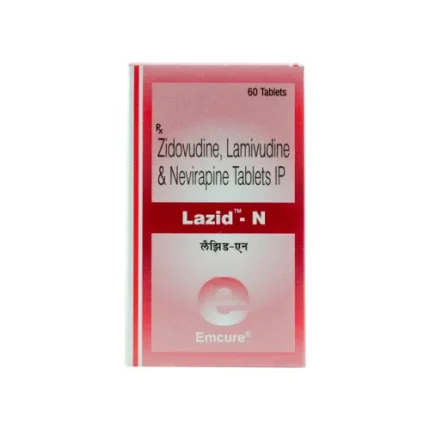
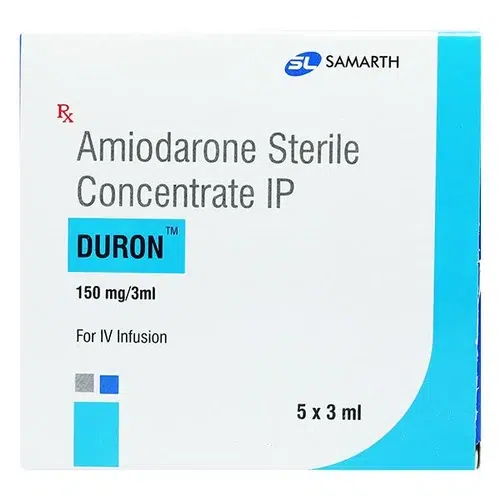



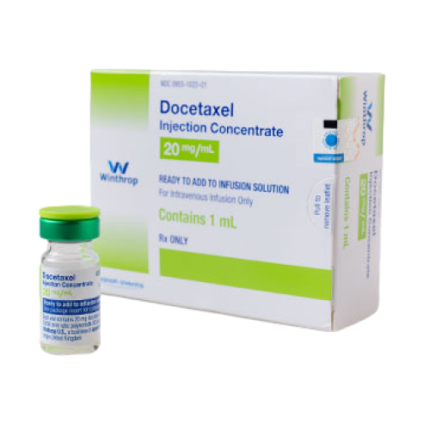



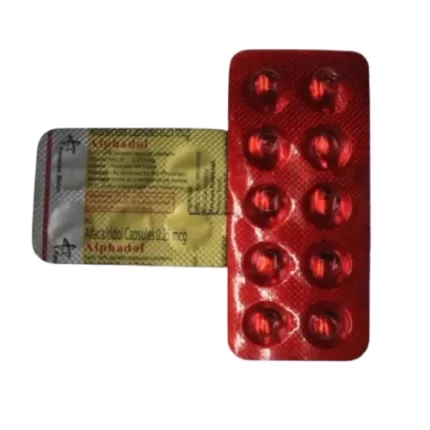
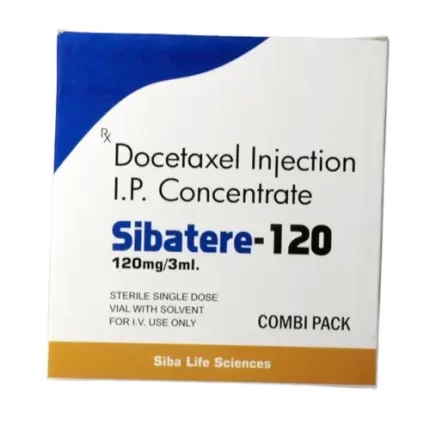

Reviews
There are no reviews yet.